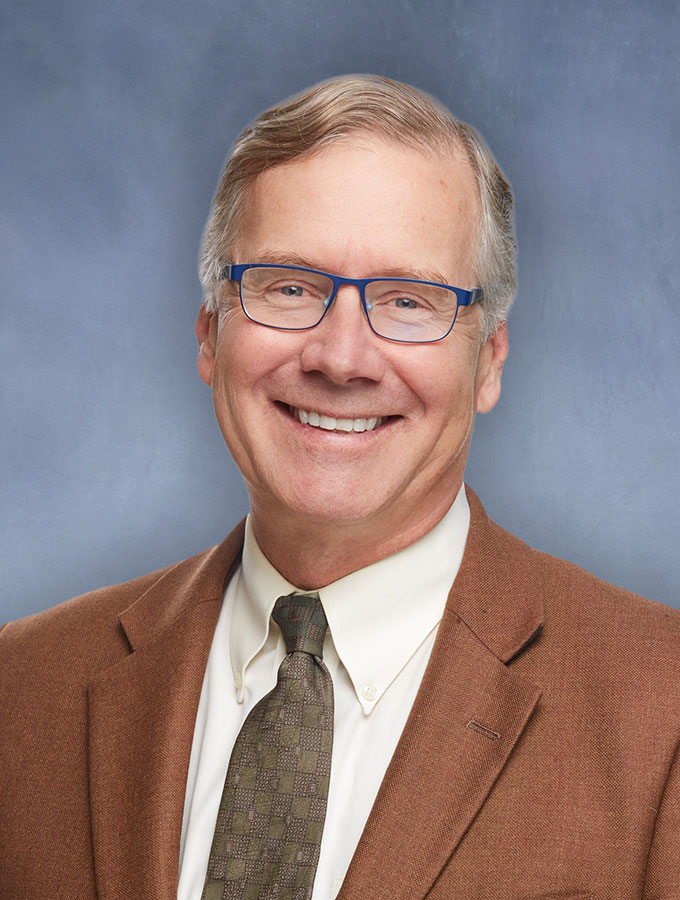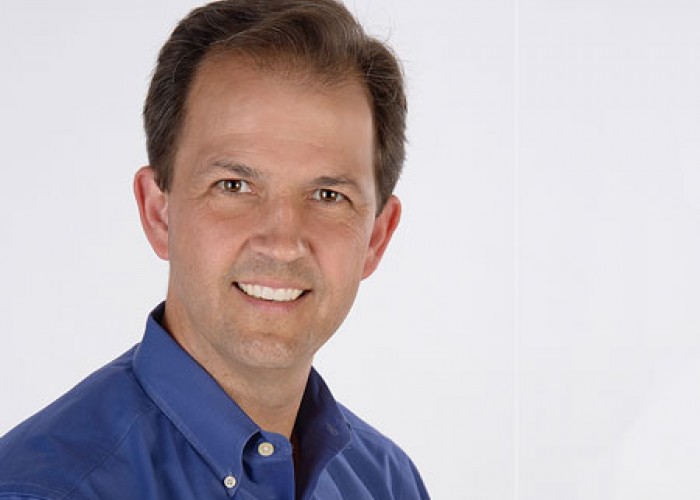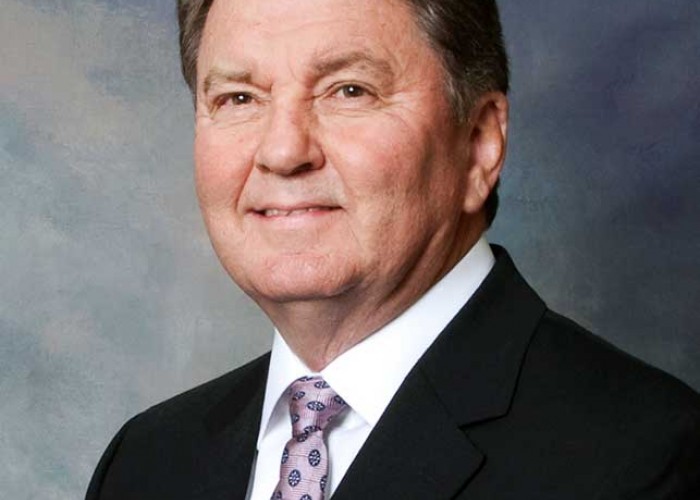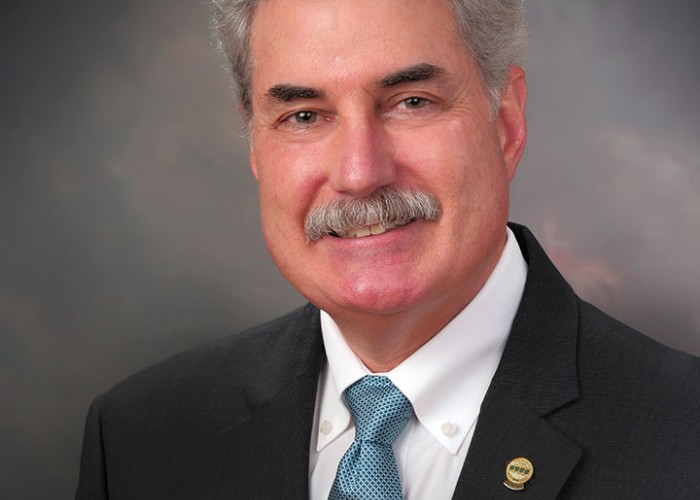Plugging in to Community
North Carolinians must reconnect with communities to bridge the rural/urban divide
By Leslie Boney
We’re really good at measuring some kinds of connectedness. Since the 1930s, we’ve had an almost perfect knowledge of who’s connected to the power grid. And thanks in large part to electric co-ops, that includes just about everyone.
We’re developing a good sense of who’s connected to broadband internet service (and it’s not enough, especially in rural North Carolina).
Emerging research shows that social connectedness is just as important, but harder to measure. People without strong social ties are more likely to suffer from health problems, mental problems and economic trouble. Disconnection is costly.
That’s why it’s alarming to find that people are dropping out of civic groups and local churches. People aren’t volunteering as much; just 24.4 percent of North Carolinians report volunteering for anything in the past year. National polls show that trust in “the institutions of society” has fallen from 80 percent a generation ago to 22 percent today. Our “trust in neighbors” has fallen from 60 percent to 32 percent.
Last year, when NC State’s Institute for Emerging Issues asked people to name the biggest issue facing the state, we heard that North Carolinians simply aren’t working together the way we used to. We’re disconnected. And it helps explain why so many people worry about our state’s rural-urban divide.
Our ReCONNECT NC project is meant to tackle that broad problem with even bigger solutions. Reconnection has to happen within and between every community in the state—we all have a role in bridging our divides. Our “County Snapshots” tool can help you get started by focusing on key areas in your community.
1Civic connection: Checking voting rates and counting the number of social groups per capita in each county are easy items to review to check on local interest in public life. But studies also show that parks and public facilities make a difference in the social and economic life of a community, offering opportunities to “bump into” others and get to know them. Our shared spaces help build trust, connections and community.
2Commuting patterns: The stereotype of commuting patterns is that rural places empty out every morning as urban centers absorb workers. The reality is a lot more complex. In Edgecombe County, for example, about 72 percent of workers commute out each morning. But the flow goes both ways—59 percent of people working in Edgecombe County are commuting in. A healthy economy needs a healthy mix of people coming and going.
3Labor force participation: The percentage of working-age people who are actually working or looking for work has been declining in North Carolina—down to about 61 percent statewide. Nearly one-third of inactive workers report substance abuse as the reason. We need more hands on deck.
4Health status: If you are in fair or poor health, it’s harder to participate in the shared life of your community. In Robeson County, 29 percent of the population is less than fully healthy; in Wake it’s 13 percent. It’s hard to address community health without confronting individual health.
5Technology: Broadband access is difficult to measure, since “available” doesn’t always mean “affordable.” Technology can connect or divide us, and we have a long way to go before all North Carolinians are participating in the digital economy.
Over the coming months and years, we’ll be highlighting communities that are addressing these issues in creative ways. We’ve already selected several, highlighted on the ReCONNECT NC website, and we hope others can learn from their work.
But we’re also looking for energized citizens in every community who are ready to start conversations and share their experiences with ReCONNECT NC. Division is a shared problem. Solving it will take shared work.
Let’s get started.
About the Author
Leslie Boney is the director of NC State’s Institute for Emerging Issues. He can be reached at lnboney@ncsu.edu. The next ReCONNECT NC Forum, in Charlotte on October 15, will focus on economic mobility.-
Joining together as communities makes us stronger
-
Share this story:







Comments (2)
Cristy Giddens |
February 27, 2019 |
reply
I have been concerned for some time about the lack of volunteerism and civic communication.
We need to talk to each other again!
ReConnect NC looks like an important step in that direction.
Sandy Burkes-Campbell |
March 06, 2019 |
reply